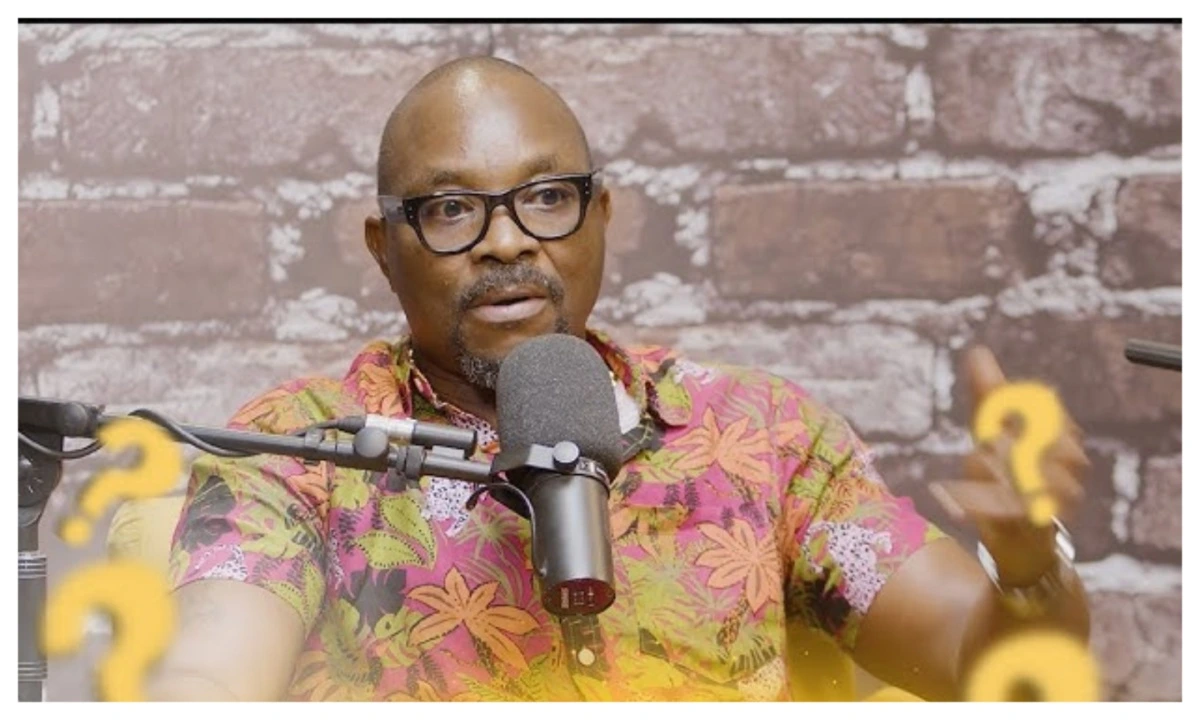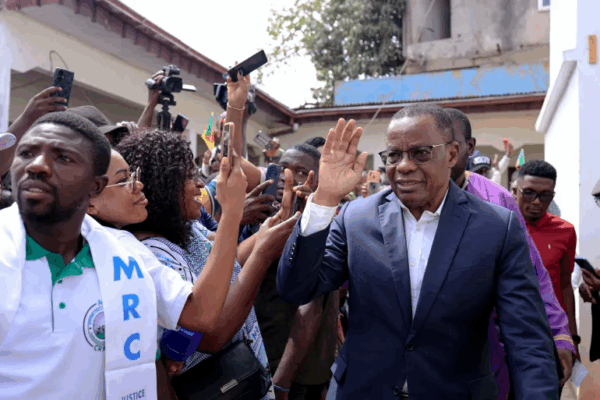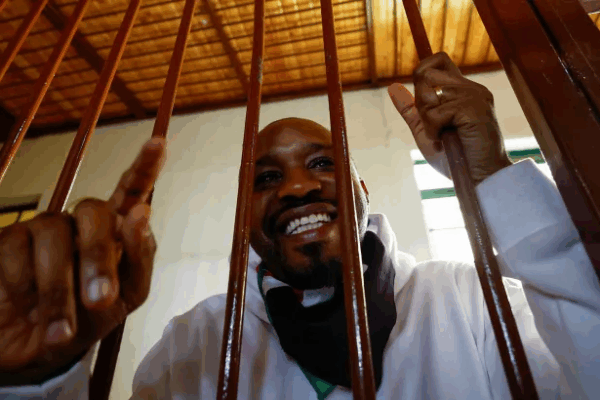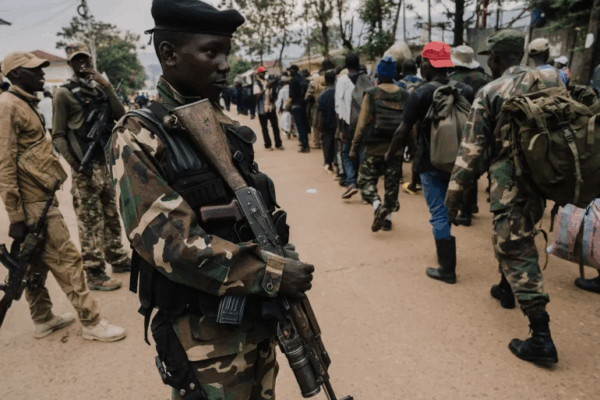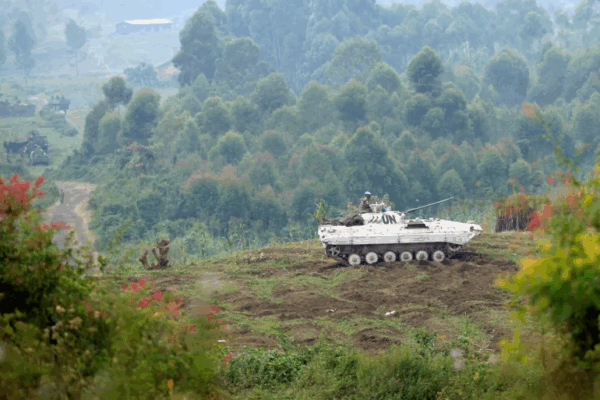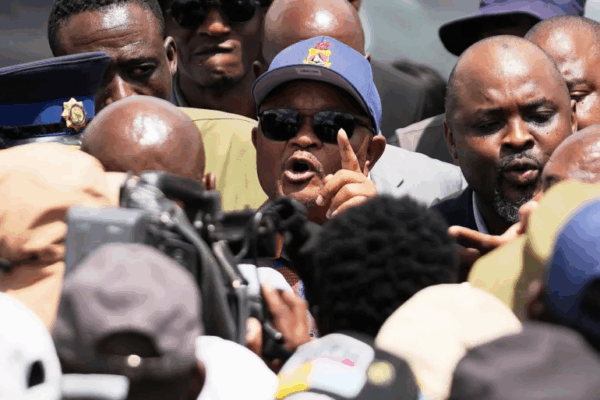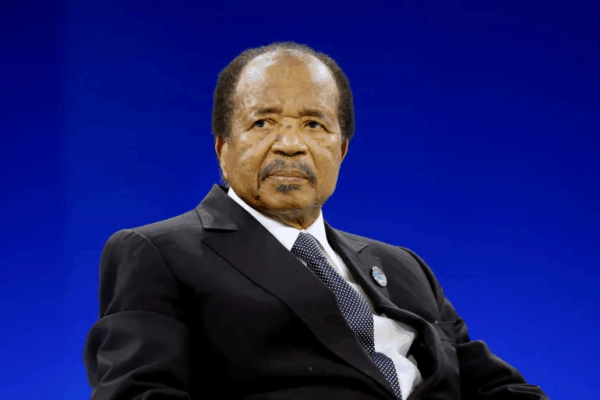
Over 20 Killed in Church Attack by Islamic State-Linked Rebels in Eastern Congo
At least 21 people were killed early Sunday morning in an attack on a Catholic church premises in Komanda, eastern Democratic Republic of Congo, by Islamic State-linked rebels, local authorities report. The Allied Democratic Forces (ADF), a militant group affiliated with the Islamic State, reportedly stormed the area around 1 a.m., opening fire on worshippers and residents. Several homes and shops were also set ablaze, leaving behind scenes of destruction and panic. “More than 21 people were shot dead inside and outside [the church], and we have recorded at least three charred bodies,” said Dieudonne Duranthabo, a civil society coordinator in Komanda. “The search is still ongoing.” The Congolese army, while confirming the attack, reported at least 10 confirmed deaths as of Sunday morning. “Armed men with machetes attacked a church near Komanda,” said Lt. Jules Ngongo, spokesperson for the Congolese Armed Forces (FARDC) in Ituri Province. “About 10 people were killed, and shops were set on fire.” This latest massacre follows a series of deadly attacks carried out by the ADF in Ituri Province. Earlier this month, the group killed dozens of civilians in what the United Nations described as a “bloodbath.” Komanda residents have since begun fleeing toward Bunia, the provincial capital, fearing further attacks. “We are truly disappointed—it’s incredible that such a situation could occur in a town where all the security officials are present,” Duranthabo added. “We urgently call for military intervention because the enemy is still near our town.” ADF: A Legacy of Violence The Allied Democratic Forces originated in Uganda in the late 1990s, emerging from small Islamist-leaning rebel groups disillusioned with President Yoweri Museveni’s government. Following military pressure, the ADF relocated to eastern Congo in 2002 and has since waged a brutal insurgency, leaving thousands of civilians dead. In 2019, the group formally pledged allegiance to the Islamic State, solidifying its identity as a regional arm of the global jihadist network. The ADF leadership envisions an Islamist government in East Africa and continues to target civilians, churches, and infrastructure in a bid to instill fear and gain territorial control. Meanwhile, the Congolese military (FARDC) has faced growing pressure as it battles the ADF alongside renewed violence from the Rwanda-backed M23 rebels, creating a complex and volatile security crisis in the region.

